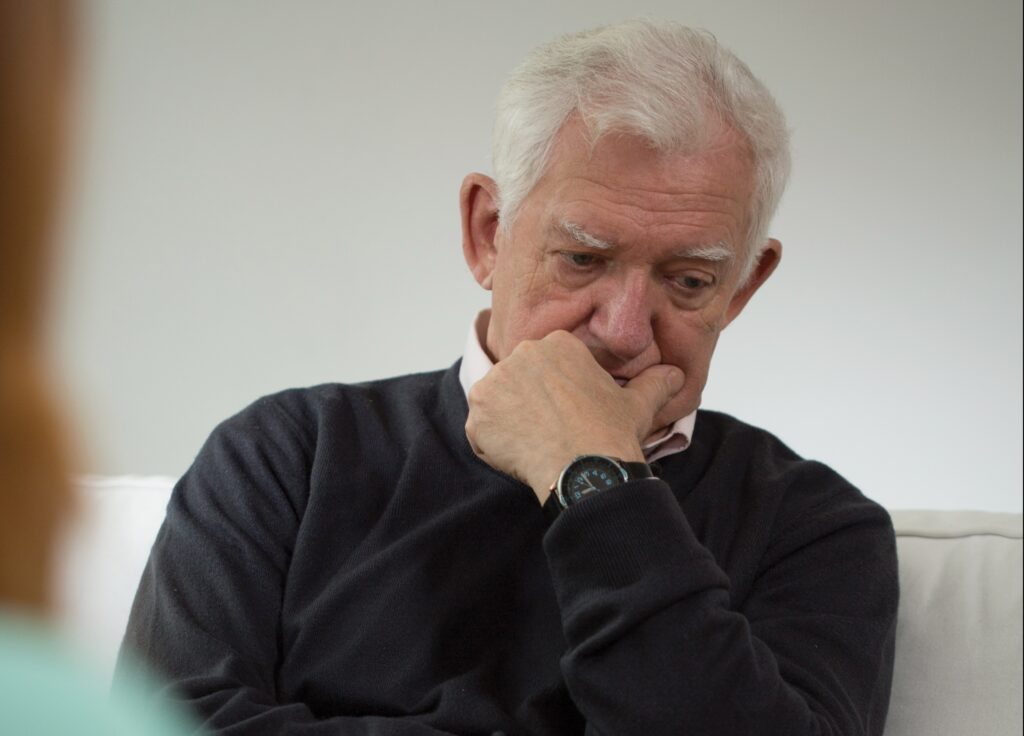Advertisement
Ask the Experts
Palliative care

Advertisement
Q: My husband is reluctant to meet with palliative care providers. He thinks it will mean giving up his cancer treatment. Is this true?
A: No. What is true, however, is that people often mistakenly equate palliative care with end-of-life care. This is understandable given that, in the past, medical service models tended to divide care into distinct parts: palliative services were offered only when standard treatments were no longer effective.
This is no longer the case. Current health care organizations recognize the importance of providing palliative care at any stage of a serious illness, starting from the time of diagnosis and continuing through treatment and until end of life.
It may be helpful for your husband to know that palliative care is often referred to as symptom management. Palliative care improves the quality of life of patients and their families through careful attention to these factors:
- physical symptoms such as pain, low energy, loss of appetite, nausea, difficulty breathing, and insomnia
- emotional and spiritual concerns
- psychosocial considerations including finances, insurance, work, and relationships
- patients’ and families’ experiences and expectations of care
A landmark US study randomly assigned patients with newly diagnosed lung cancer to one of two groups. One group of patients received early palliative care along with standard anticancer treatment; the second group received standard anticancer treatment alone.
The patients who received early palliative care had better quality of life, fewer depressive symptoms, and longer average survival than those who were assigned to receive only the standard anticancer treatments.





